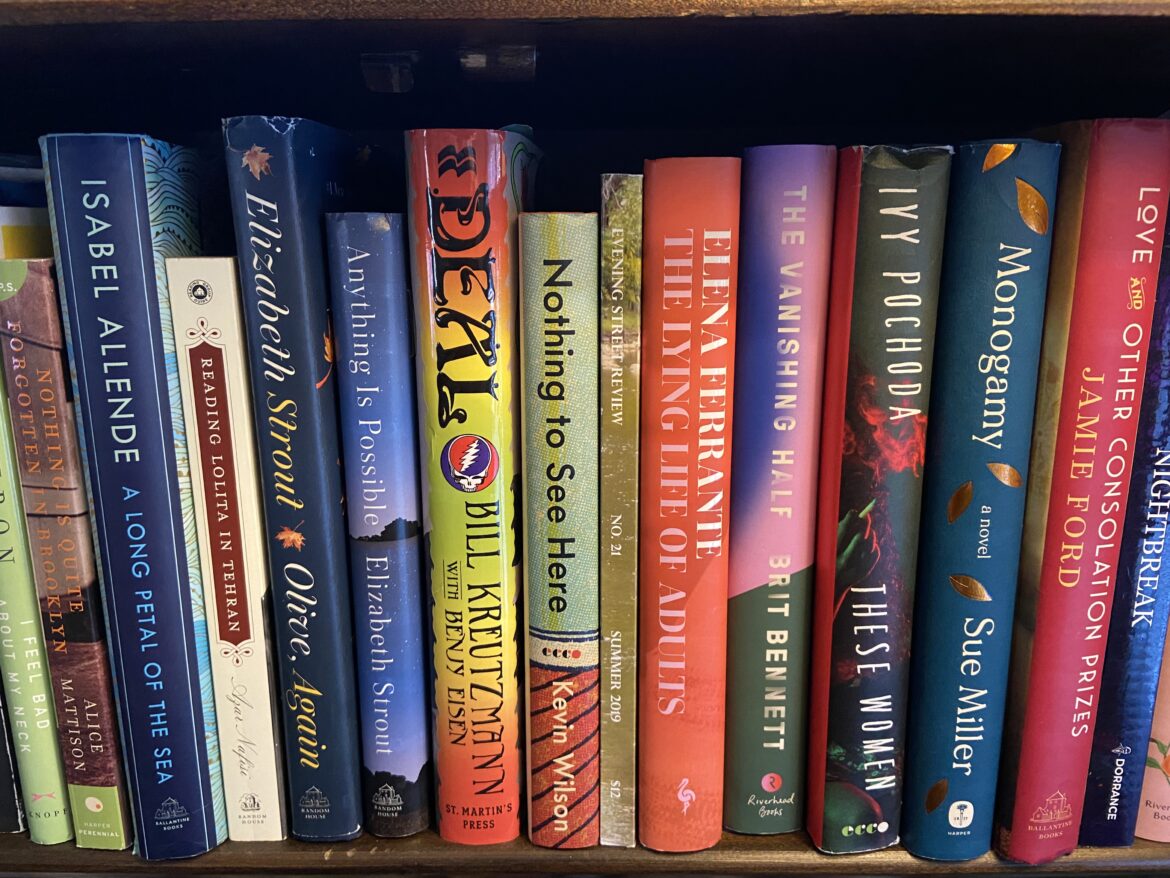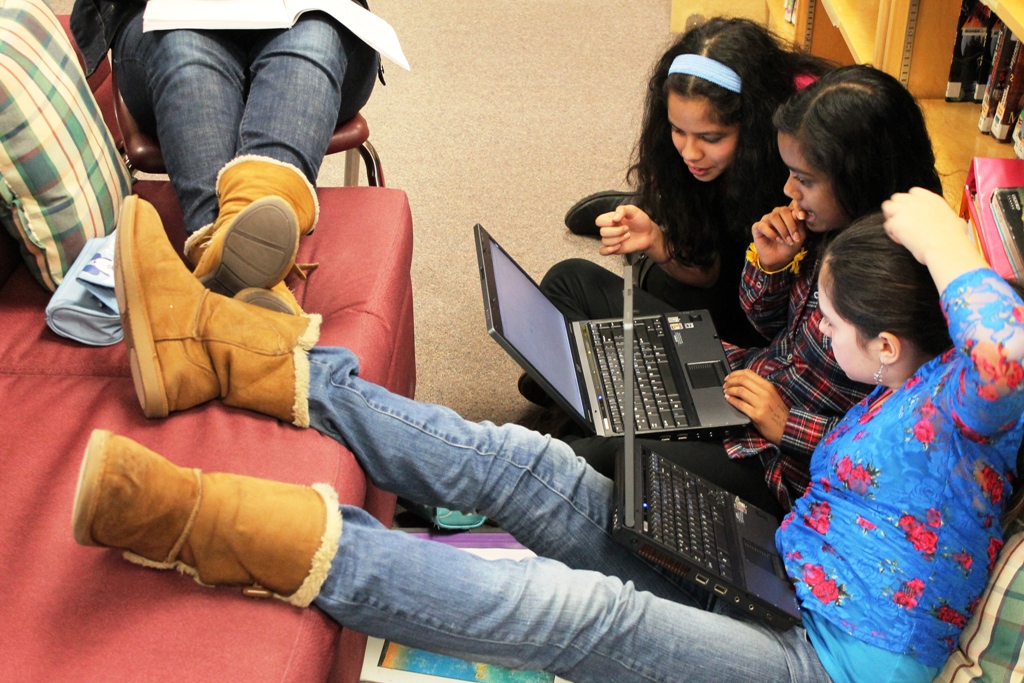Since the spread of the coronavirus across Connecticut and the country, many businesses have shut down, then partially reopened including most of the entertainment industry.
From concerts, movie theaters, film sets and more, people have decided to stay home and are now relying on the convenience of entertainment online, using at-home technology such as smartphones, laptops, TVs, and more.
Total internet hits have soared – between 50% and 70% – during the first months of the pandemic, according to news reports. And about 80% of those aged 35 and younger are watching more streaming content than before the pandemic hit in March.
“I would say that I watch movies a lot more,” Thomas Small, 17, of East Haven said. “I become almost indulged. I’ve kind of become addicted to entertainment now since it’s right there and easy. I never was before. Since the coronavirus, I haven’t really been able to do much of anything, so the only thing that I do is watch Netflix, YouTube, HBO, play video games and cook.”
Pixar’s Onward had been in theaters for only two weeks back in March before being available to purchase digitally for $19.99, and then launching on the subscription service Disney+ on April 3rd, according to the Los Angeles Times.
With a budget of $175-$200 million, the film ended up making $144.9 million due to the mass amount of theater closures across the nation, making Onward Pixar’s newest low-grossing movie. It topped Pixar’s previous most low-grossing movie, The Good Dinosaur, which made $332.2 million worldwide against a production budget of $175-$200 million.
In the meantime, big upcoming titles such as Dune, Black Widow, No Time To Die, Godzilla vs. Kong, Eternals, and more have been moved to 2021 after originally having release dates in 2020. Since those films have been pushed back to 2021, the films that were originally supposed to have 2021 release dates (such as Jurassic World: Dominion, Doctor Strange in the Multiverse of Madness, The Batman, and Avatar 2) have now been pushed back to 2022.
But that’s not all. Along with the film industry, the book industry is also being heavily affected by the spread of the coronavirus. Even though it’s still uncertain how severely the pandemic will affect the world of books, the US Census Bureau revealed that more than 33% of bookstore sales fell this March, and, compared to the early months of 2019, dropped more than 11% this year.
 Many bookstores across the nation, such as Strand Book Store NYC and The Last Bookstore LA have had sales drop as much as 80%, with the owner of Strand Book Store pleading on social media for support from the local community, according to an article on NBC New York. Smaller, indie bookstores are also struggling, and because of the closure of these stores, there has been a revival of digital, electronic reading, such as E-books. OverDrive, which is an American distributor of eBooks, reports that around 53% of eBook loans had increased since before the middle of March.
Many bookstores across the nation, such as Strand Book Store NYC and The Last Bookstore LA have had sales drop as much as 80%, with the owner of Strand Book Store pleading on social media for support from the local community, according to an article on NBC New York. Smaller, indie bookstores are also struggling, and because of the closure of these stores, there has been a revival of digital, electronic reading, such as E-books. OverDrive, which is an American distributor of eBooks, reports that around 53% of eBook loans had increased since before the middle of March.
The eBook industry had been going down a steep decline for the past 6-7 years, but due to eBooks being the easiest way to buy new books during the coronavirus, people find it more convenient while being under quarantine.
Others have found different ways to entertain themselves, while going to school remotely and staying home.
“This pandemic made me realize things I used to like doing, such as being on my phone and watching TV, seem so dull and boring. I recognized how common things like that were boring and how often I would do them even before the pandemic, so now I pursue whatever I could to stay away from things like that and enjoy stuff that actually explores a deeper part of me that I never let out before,” CJ Perez, 17, of Wallingford, said.
Entertainment experts say that the pandemic is reshaping how art is created and distributed. But what that will look like in the future is hard to gauge, at this point. In the meantime, experts wonder if the way that consumers now shop for entertainment and books online will be permanent. Or will consumers return to movie theaters and bookstores, for example in the future.
Audrey Kim is a 17-year-old senior attending the Cooperative Arts & Humanities High School. She is a creative writer and regularly writes fiction stories. She plays guitar, flute, piano, and violin and loves reading and drawing.
